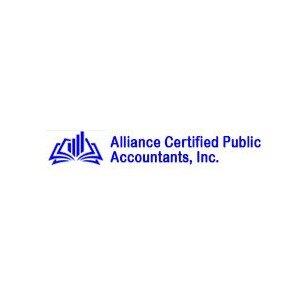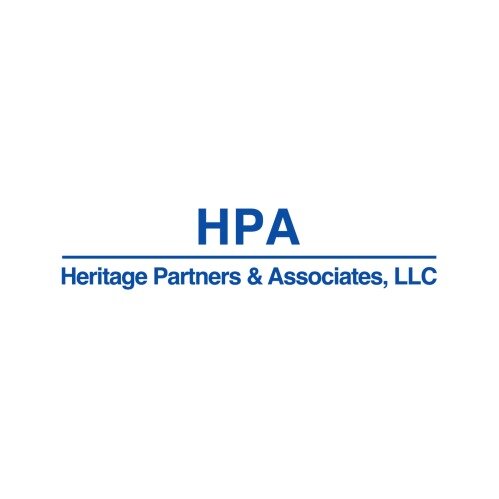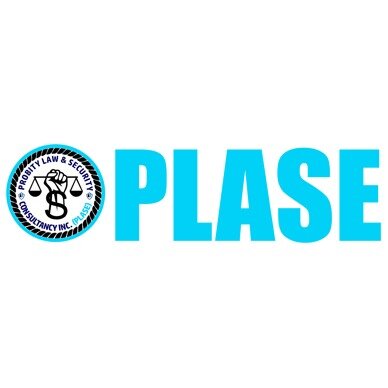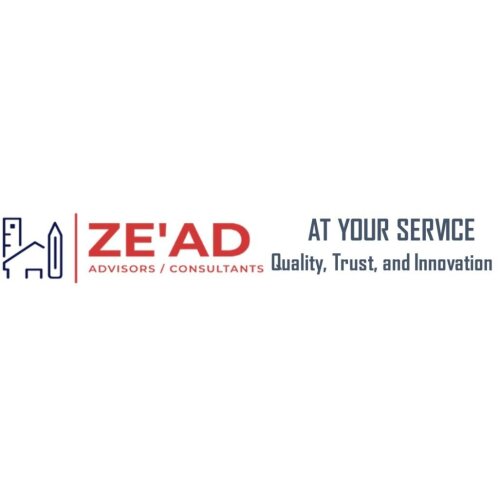Best Mining Law Lawyers in Liberia
Share your needs with us, get contacted by law firms.
Free. Takes 2 min.
Or refine your search by selecting a city:
List of the best lawyers in Liberia

Alliance Certified Public Accountants, Inc. (Alliance CPAs, Inc.)
15 minutes Free ConsultationAbout Mining Law in Liberia
Mining Law in Liberia regulates the exploration, extraction, processing, and export of mineral resources within the country. Liberia is rich in minerals including iron ore, gold, diamonds, and other precious metals, making mining a significant sector in its economy. The legal framework for mining activities is mostly governed by the Minerals and Mining Law of 2000 and its amendments, along with several regulations enacted by the Ministry of Mines and Energy. These laws set out the rights, obligations, and procedures required for individuals and companies involved in mining activities in Liberia.
Why You May Need a Lawyer
There are many situations where individuals or companies may need legal help related to mining in Liberia. Some common reasons include:
- Understanding the application process for obtaining mining licenses or permits
- Negotiating or drafting mining agreements and joint ventures
- Ensuring compliance with environmental laws and local regulations
- Resolving disputes with other parties, landowners, or the government
- Addressing issues involving local communities, such as compensation or land use
- Reviewing and interpreting contractual obligations or royalty payments
- Managing foreign investment regulations related to mining
- Protecting your rights when facing government investigations or enforcement actions
- Dealing with international trade and export regulations for minerals
- Understanding the tax obligations linked to mining operations
Local Laws Overview
Liberian mining operations are governed by several key pieces of legislation:
- Minerals and Mining Law of 2000: The primary legislation that outlines processes for obtaining and maintaining mining rights, including exploration and mining licenses.
- Mining Regulations: Detailed rules and standards established by the Ministry of Mines and Energy to ensure safe and responsible mining.
- Environmental Protection and Management Law: Requires environmental impact assessments and sets out obligations to protect Liberia’s natural resources and communities.
- Land Rights Law: Provides guidance on land ownership, use, and compensation for land affected by mining activities.
- Revenue Code of Liberia: Regulates tax and royalty payments specific to the mining industry.
All companies or individuals engaging in exploration or mining must obtain the appropriate licenses from the Ministry of Mines and Energy and adhere to environmental and social requirements. Non-compliance can result in penalties, suspension, or cancellation of mining rights.
Frequently Asked Questions
What types of mining licenses are available in Liberia?
Liberia issues several types of licenses, including reconnaissance, exploration, class A and class B (small- and large-scale) mining licenses, and mineral development agreements for larger projects. Each license has different requirements, durations, and scopes.
How do I apply for a mining license?
You must submit an application to the Ministry of Mines and Energy, along with supporting documentation such as a project proposal, proof of technical and financial capability, and an environmental impact assessment for mining licenses. Each license type has its own application process and time frame.
Can foreign companies own mining licenses in Liberia?
Yes, foreign companies can own or participate in mining projects in Liberia, but they must register a local entity and comply with Liberian law, including local content and employment requirements.
What are the main environmental requirements for mining?
All mining projects must undergo an Environmental Impact Assessment (EIA) approved by the Environmental Protection Agency (EPA) and develop mitigation plans. There are ongoing obligations for monitoring and reporting environmental impacts.
What taxes and royalties apply to mining operations?
Mining operations are subject to income tax, royalties on minerals extracted, surface rental fees, and other sector-specific levies as outlined in the Revenue Code and Mineral Development Agreements.
What rights do local communities have regarding mining activities?
Local communities have the right to be consulted and compensated for use or disturbance of their land. Social agreements and benefit-sharing arrangements may be required, depending on the scale of the project.
How are mining disputes resolved in Liberia?
Disputes may be resolved through negotiation, mediation, or through the courts. Some contracts include arbitration clauses, and certain disputes involving the government may be addressed by administrative bodies or appointed panels.
What happens if I do not comply with mining laws?
Non-compliance can lead to suspension or cancellation of your mining license, fines, criminal prosecution, or additional civil penalties. Regular audits and inspections are conducted to ensure compliance.
Can I export minerals from Liberia?
Yes, but you must meet export requirements and obtain export permits from the Ministry of Mines and Energy and, where applicable, the Central Bank of Liberia. Additional regulations apply to certain minerals like diamonds and gold.
How long does it take to obtain a mining license?
Processing times vary depending on the license type and the completeness of your application. Reconnaissance and exploration licenses may take a few weeks, while large-scale mining licenses can take several months due to necessary evaluations and impact assessments.
Additional Resources
Here are some useful resources and governmental bodies related to mining law in Liberia:
- Ministry of Mines and Energy: The key regulatory body overseeing all aspects of mining in Liberia.
- Environmental Protection Agency (EPA): Responsible for reviewing and approving environmental impact assessments for mining projects.
- Liberian Extractive Industries Transparency Initiative (LEITI): Provides information on transparency and governance in the mining sector.
- Ministry of Justice: Handles legal matters, dispute resolution, and contract enforcement related to mining agreements.
- Law Society of Liberia: A professional association that can help you connect with qualified mining law attorneys.
Next Steps
If you need legal assistance in mining law in Liberia, here’s how to proceed:
- Identify the specific legal issue or concern you are facing, such as licensing, disputes, contracts, environmental compliance, or community relations.
- Gather all documents and information relevant to your case, including agreements, licenses, communications, and notices from government agencies.
- Contact a qualified Liberian lawyer or law firm with expertise in mining law. Make sure to check their credentials and experience with similar matters.
- Consult with the Ministry of Mines and Energy for guidance on permitting, regulations, or compliance questions.
- If your issue involves the environment or local communities, consider contacting the EPA or relevant local authorities for additional support and information.
- Keep detailed records of all communications, decisions, and legal actions taken.
Taking these steps can help protect your rights and interests while ensuring your mining operations are in compliance with Liberian law.
Lawzana helps you find the best lawyers and law firms in Liberia through a curated and pre-screened list of qualified legal professionals. Our platform offers rankings and detailed profiles of attorneys and law firms, allowing you to compare based on practice areas, including Mining Law, experience, and client feedback.
Each profile includes a description of the firm's areas of practice, client reviews, team members and partners, year of establishment, spoken languages, office locations, contact information, social media presence, and any published articles or resources. Most firms on our platform speak English and are experienced in both local and international legal matters.
Get a quote from top-rated law firms in Liberia — quickly, securely, and without unnecessary hassle.
Disclaimer:
The information provided on this page is for general informational purposes only and does not constitute legal advice. While we strive to ensure the accuracy and relevance of the content, legal information may change over time, and interpretations of the law can vary. You should always consult with a qualified legal professional for advice specific to your situation.
We disclaim all liability for actions taken or not taken based on the content of this page. If you believe any information is incorrect or outdated, please contact us, and we will review and update it where appropriate.
Browse mining law law firms by city in Liberia
Refine your search by selecting a city.











